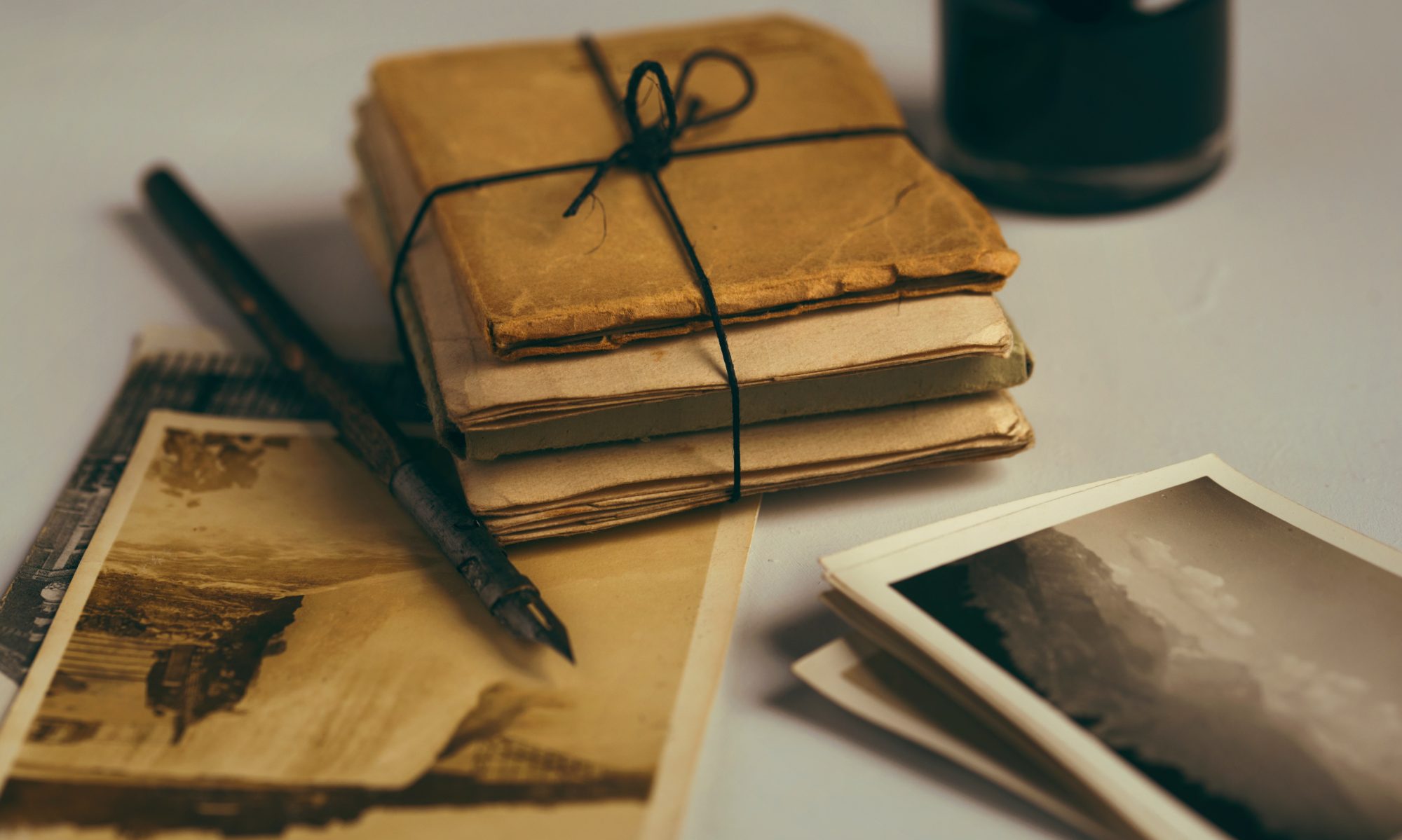Last week we talked about why you might want to consider hiring a genealogist. This week, let’s look at some of the things you should take into account when choosing a professional genealogist to work with.

Get the Right Person For You
There are several factors to take into consideration when choosing a professional genealogist.
First and foremost must be their ability to demonstrate a high standard of genealogical research skill. If you’re paying good money, you want the results to be accurate and reliable. Anyone can call themselves a professional genealogist, it is not a phrase restricted to people who have sat a special exam.
Look for some qualifications (such as a related degree or diploma) or credentials. Credentials are often specific to a particular area of the world, which means the genealogist has to be a super specialist in that area! Your genealogist should be familiar with the Genealogical Proof Standard and be willing and able to provide research that meets this standard.
Look for extensive experience, the more the better. A good proportion of that experience should be in the area/subject matter of your research question. Someone familiar with local geography, history, customs and culture will be much more efficient with their research. If your ancestors were pioneers of the early Port Philip district, it’s better to hire someone familiar with the place and the records than to hire someone in the US for example. If you come from a line of Birmingham gunmakers and you want to do an occupational history of your family, it would be great to find someone familiar with both the gunmaking trade and Birmingham to help you with your research.
Choose a professional genealogist with good reviews. Word of mouth is an excellent indicator of quality of work.
Find someone who is willing to meet with you before beginning the project to discuss your needs. No project should begin without a mutually agreed research plan based on your objectives. They should be upfront about their fees and any other potential associated costs. You should also feel comfortable with them. Sometimes they may uncover sensitive information about your family.
Prepare to share

The sure way to have your costs blow out is to just tell the genealogist to start from scratch. Reinventing the wheel takes time, especially with more recent generations where public records are less accessible. No matter how self-conscious you may feel about the quality or amount of work that has been done so far, share it with your genealogist. They will be able to assess it much more quickly than beginning from scratch, saving you a ton of money! The genealogist will love you for it, because there is nothing worse than slaving over hot documents and writing up copious research notes to be told, “Oh we already knew that”. And you don’t want to be charged for that scenario!
Provide the genealogist with:
- what you already know (and what evidence that is based upon)
- sources have you already tried without success
- clues you may have picked up from other family members or sources which have not so far panned out
Decide your budget

How big is your budget and how do you want to spend it? It’s important to remember that your family history is never finished. You need to have a very clear idea of what you need the professional genealogist to do for you. Otherwise, you could end up asking for a little more and a little more until you’ve way exceeded what you planned to spend. Set your budget before you begin and stick to it. Make sure your genealogist is aware of where the ceiling is. As that ceiling approaches, they should let you know what they have left to do, and ask what takes precedence if the well runs dry!
There are usually two things you pay for with genealogical research:
- Their time, knowledge and experience
- Costs, for example, documents and if required, travel
Remember the genealogist is a professional. Do not expect a good genealogist to work for minimum wage. Anyone can do the job badly for peanuts (just take a look at some of the family trees on Ancestry!). A good genealogist is worth paying a decent rate for quality work. They will work faster and more efficiently than you expect due to practice, knowledge of where to look, and the ability to use context to point them in the right direction.
If your genealogist charges an hourly rate, specify how many hours you want to pay for. They will let you know if this is likely to be adequate to meet your research objective. Also ask if they offer a discounted rate for pre-payment or partial pre-payment. Many genealogists will happily do so for the piece of mind of not having to chase people for payment after the job is handed over. For example, if someone prepays me, I will discount by 40% for full pre-payment, and 20% for half pre-payment (in blocks of 10 hours).
Your outcome…

By the end of this process:
- you have chosen an experienced professional genealogist with relevant qualifications and/or credentials, good reviews, and who is knowledgeable about your research area
- you’ve decided exactly what you want from them and prepare them accordingly
- you have agreed on a research plan and how to allocate your budget together
- they will provide you with their findings and evidence in a report, with regular progress reports/research logs provided along the way for larger projects or between payments.
May you find amazing and intriguing stories with the help of your professional genealogist that you could never have found alone!




























